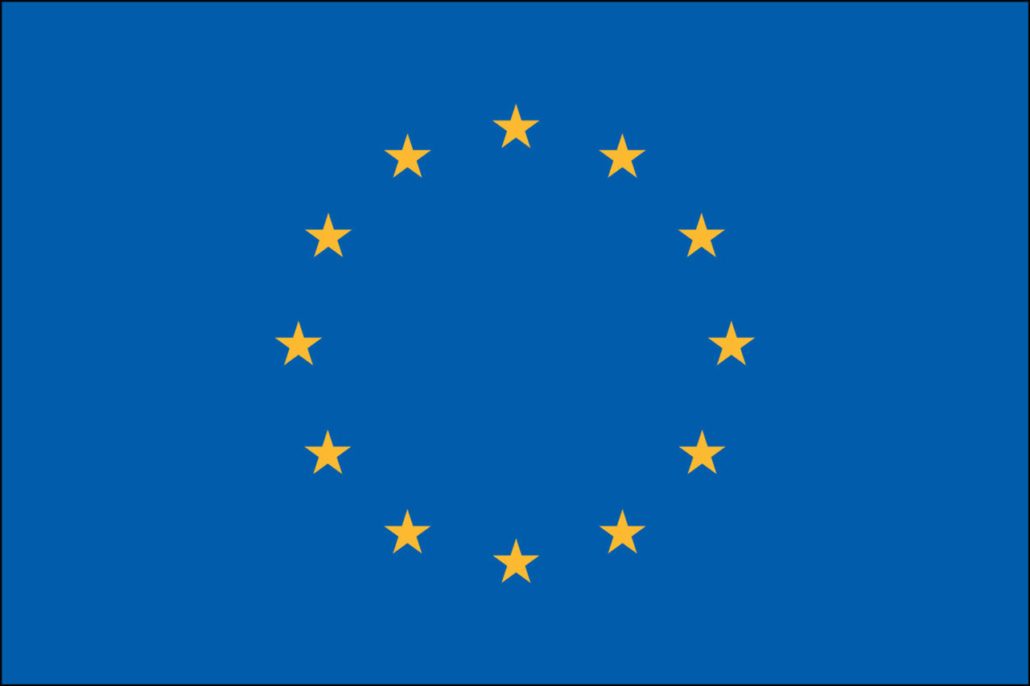This news update discussing how EU freshwaters suffer from chemical pollution is brought to you by The Baltic Course.
Almost half of EU freshwaters suffer from chemical pollution.
Freshwater ecosystems provide a number of important ecosystem services to humans, such as clean drinking water, irrigation, food and recreation. They are also important habitats for wildlife which help to create and maintain these ecosystem services. These important environments can be damaged by organic chemical pollutants from human activities, such as pesticide use or fossil fuel use, which risks the loss of the ecosystem services and biodiversity.
Adequate health quality of almost half of all European freshwaters is at risk from organic chemical pollution, finds new EU research. The study, a continental-scale risk assessment of the potential effects of toxic organic chemicals on freshwater ecosystems, based its conclusions on data for over 200 pollutants measured at 4000
This new study examined the risk posed by these chemicals to freshwater ecosystems at a European continental scale. The researchers used monitoring data (collected in the European Environment Agency’s Waterbasedatabase) from 4 000 sites spanning 91 river basins in Europe. These data contained information on the average and maximum annual concentrations of 223 organic chemical pollutants.
For more information regarding how EU freshwaters suffer from chemical pollution please visit The Baltic Course link above. Please contact Nexreg for GHS Compliance services.

